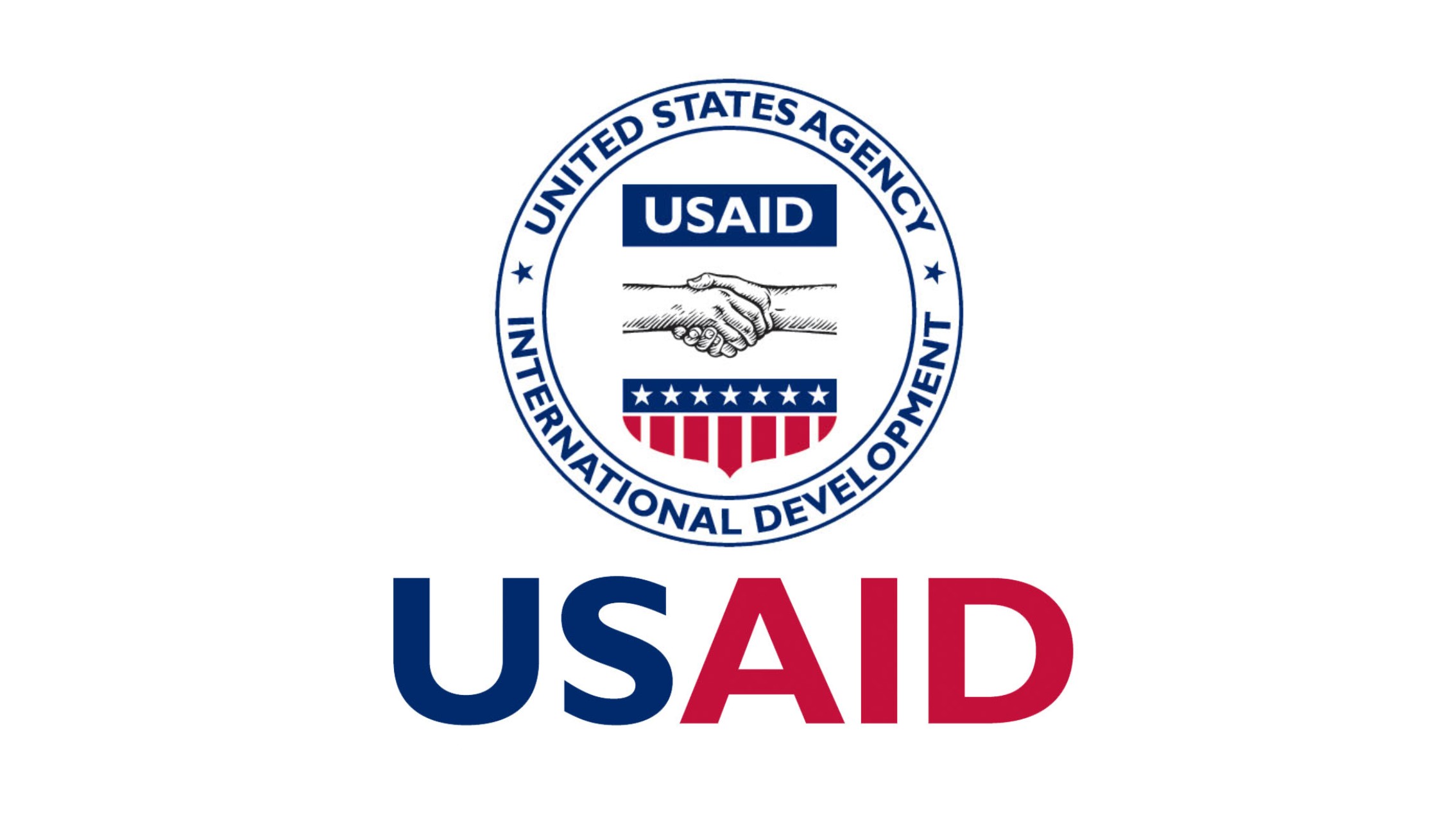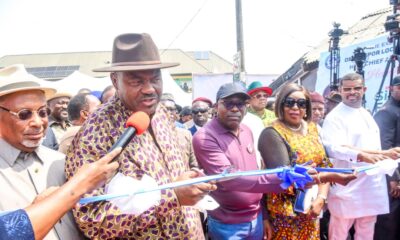Business
Nigeria, Yet To Access $150m Iran Credit – Envoy
Nigeria is yet to access a 150-million-dollar credit facility offered by the Iran Export Development Bank, the country’s ambassador in Iran, Alhaji Cika Abubakar, said last Wednesday in Abuja.
Iran offered the credit facility to Nigeria to enhance trading between the two countries.
Speaking at a seminar on trade opportunities between the Islamic Republic of Iran and Nigeria, Abubakar said that the credit facility was offered at 5 per cent interest rate, adding that it was the least among the credits granted to other countries.
“The Iran Export Development Bank gave 150 million dollars; I was there almost about three years ago when I negotiated with them.
“The first time when they approved that150 million dollars, I was even saying no, if you can give some African countries 100 billion dollars like Senegal, 150 million dollars is too small for Nigeria
“I approached some banks in Nigeria, about eight banks, after receiving their applications. I gave some about 30 to 50 million dollars.
“But to date, since we sent a letter foro-the approval of their applications, we have never received any acknowledgement that they have received the money and that they are ready to utilise it,” he said. The ambassador recalled that the two countries had enjoyed diplomatic relations dating back to some 37 years, and said that Nigerian businessmen had a lot to trade with Iran to help grow the economy.
He noted that Iran had a high level of trading with many countries and that there were areas in which Nigeria should emulate the country.
“The volume of trade between India and Iran is about 15 billion dollars, between Iran and Turkey is almost 13 billion dollars, the trade between Iran and Brazil is two billion dollars and between Iran and South Africa is about two billion dollars; so why less with Nigeria,” he queried.
He said that Iran produced about between 65mw and 70mw of electricity mainly for use by industries.
Abubakar urged the Iranian government to create avenues for Nigerians to benefit from its education, health and engineering sectors to enable Nigerians to benefit in those areas.
In his remarks, Mr Hussein Abdullahi, the Iran ambassador in Nigeria said that there was the need to correct the negative perception of his country.
He said that though Nigeria had had diplomatic relations with Iran for about 37 years, citizens of both countries were yet to tap on potential existing between the two countries.
He noted that both counties were members of some international organisations like the OIC and OPEC among others, adding that there was need for them to explore trade opportunities that would be beneficial to their economies.
He noted that diplomatic relations between the two countries suffered a little setback after some arms were shipped into Lagos by some Iranian suspects.
Abubakar said also that the seminar would “be a regular one between Iran and Nigerian businessmen. We will try to ensure that it takes place annually in capitals of both cities.”
He urged government of both countries to play effective role in ensuring the improvement of their diplomatic relations.
Also, Mr Ignatius Adaji, President, Nigeria-Iran Business Council noted that trade volume between Nigeria and Iran was low.
“Statistics show our export to Iran is in the region of just N75 million, which is ever poor; so they are not trading with us as much as we want to do.
Business
USAID Re-emphasizes Agricultural Collaboration With Nigeria

Business
Nigeria’ll Lead In Agricultural Export This Year – Tinubu

Business
NDLEA, NIMASA Strengthen Cooperation Against Drug Trafficking

-

 News4 days ago
News4 days agoYou’ve Shown Courage In Defence Of Rivers, Fubara Tells Sen Mbata …As He Marks 65th Birthday
-
Rivers4 days ago
Commissioner Commends Gov Over Support For Ministry
-
Rivers4 days ago
Rivers CP decorates 118 Newly promoted officers of the police Command.
-
Women4 days ago
Dealing With Issues Of Singlehood
-

 News4 days ago
News4 days agoMonarch Hails RSG for Siting COE In Opobo
-
Rivers4 days ago
Orazi Gas Explosion: 3 Confirmed Dead
-
Rivers4 days ago
ONELGA BOSS ADVICE YOUTHS ON PEACEFUL PATH
-
Women4 days ago
Girl-Child Development And Early Marriage

